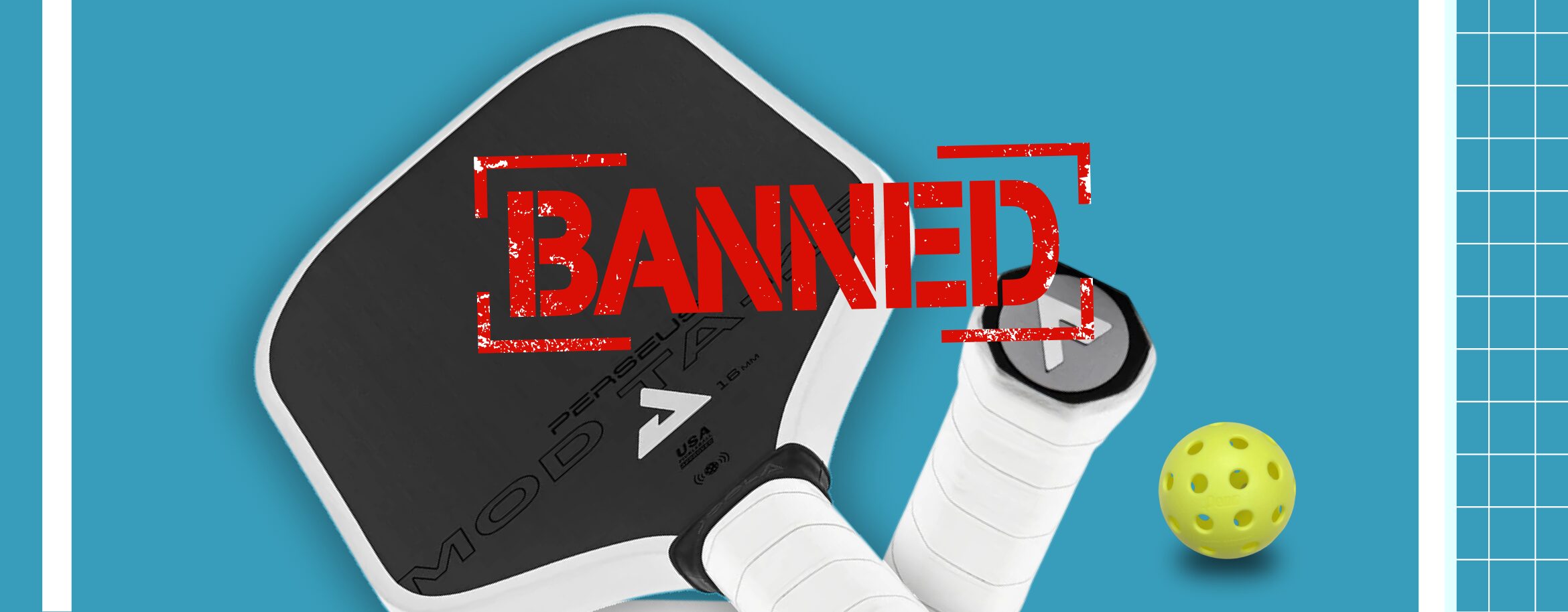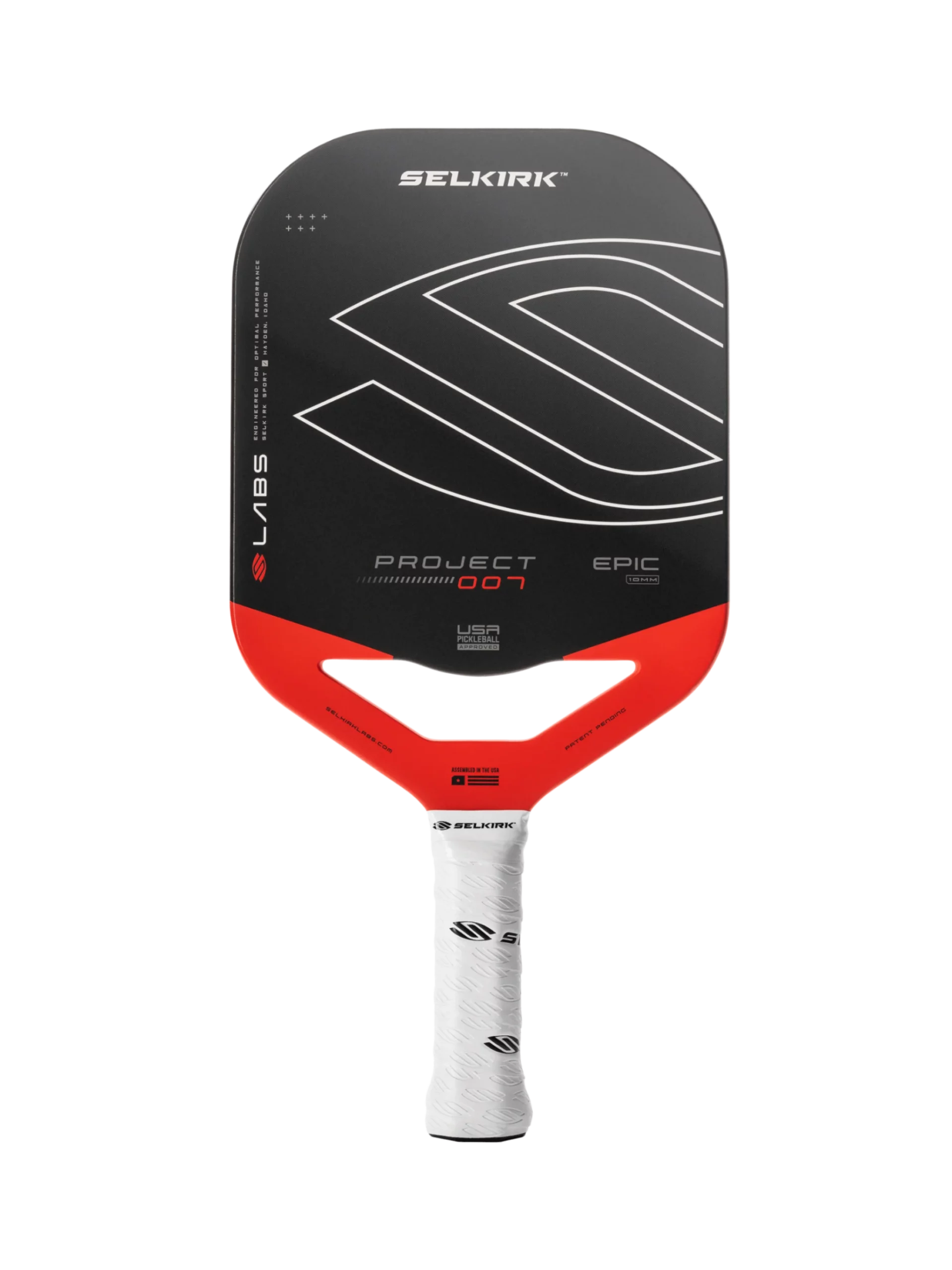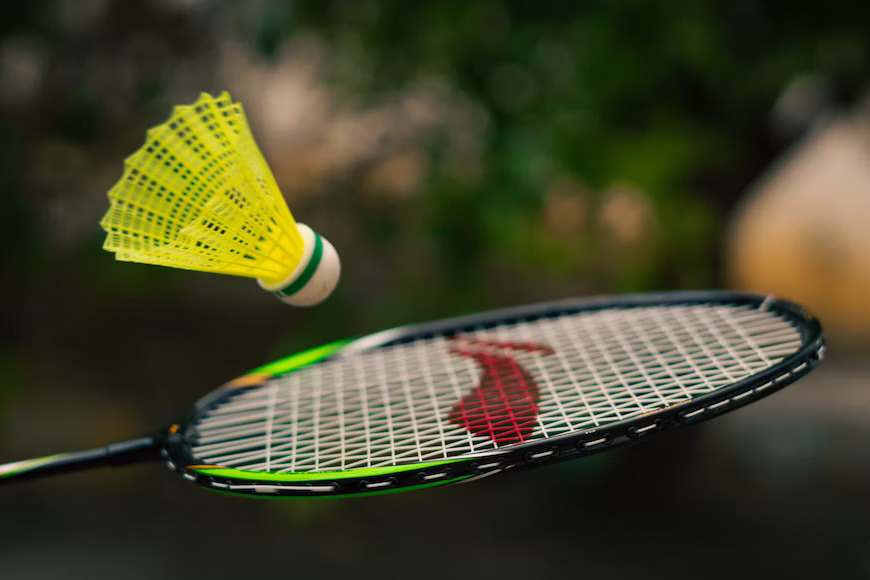Pickleball enthusiasts, brace yourselves! The recent news of the USAPA banning several popular paddles, including the Joola MOD TA-15, has left many in disbelief. If you’re one of the many players who enjoy the competitive edge these pickleball paddles provide, you may be wondering why your beloved paddle is now officially prohibited from official tournaments. What is this so-called “trampoline effect,” and why is it causing so much controversy in the pickleball world? Let’s break it down.
The Trampoline Effect: What Is It?
To understand the reason behind the ban, it’s crucial to first comprehend the “trampoline effect.” What does that mean? In simple terms, it refers to the way certain paddles’ surfaces deform when the ball strikes them, only to spring back to their original shape almost immediately. This rapid rebound can result in the ball leaving the paddle with extra speed and force, much more than what is typical for normal pickleball play.
While it might sound like an advantage, the issue is that it creates an unfair playing field. The trampoline effect reduces the emphasis on skill, control, and finesse that make pickleball such a dynamic sport. Instead, it amplifies power in a way that allows players to dominate through sheer force, making the game feel more like a power struggle than a strategic contest.
Why is the Joola MOD TA-15 Affected?
So, why exactly is the Joola MOD TA-15 under scrutiny? The pickleball paddle’s core structure plays a significant role in the trampoline effect. The Joola MOD TA-15 features a compressed core, which, when cut open, reveals its design. This specific core material likely contributes to the excessive deflection seen in the paddle, causing the ball to rebound with too much power and speed.
In December 2024, the USA Pickleball Association announced the implementation of a new testing standard, the Paddle/Ball Coefficient of Restitution (PBCoR). This test measures the deflection of the paddle during and after impact with the ball, aiming to limit the trampoline effect. The Joola MOD TA-15 Pickleball Paddle, along with several other paddles, exceeded these testing standards, and as a result, it has been banned for sanctioned tournament play starting July 1, 2025.
The Impact on Pickleball Leagues and Players
The decision to regulate the trampoline effect is not just about removing certain paddles from the market; it’s about ensuring the sport’s integrity. Pickleball is a game built on sportsmanship, skill, and community. By introducing the PBCoR test and limiting paddles with excessive trampoline effects, the USAPA aims to preserve the balance between power and finesse in the game.
When paddles like the Joola MOD TA-15 are allowed to enhance ball speed and force too much, it changes the way the game is played. It becomes less about strategy and more about who can hit the hardest. The new standards help keep the focus on technique, control, and precision, which are key to maintaining fair and enjoyable competition.















